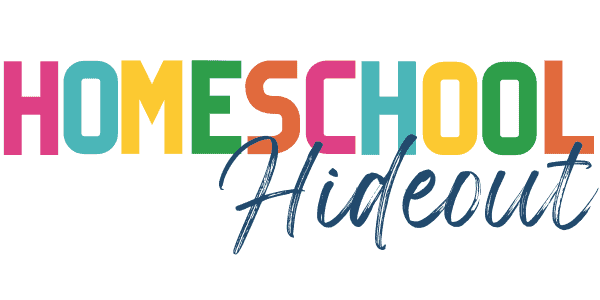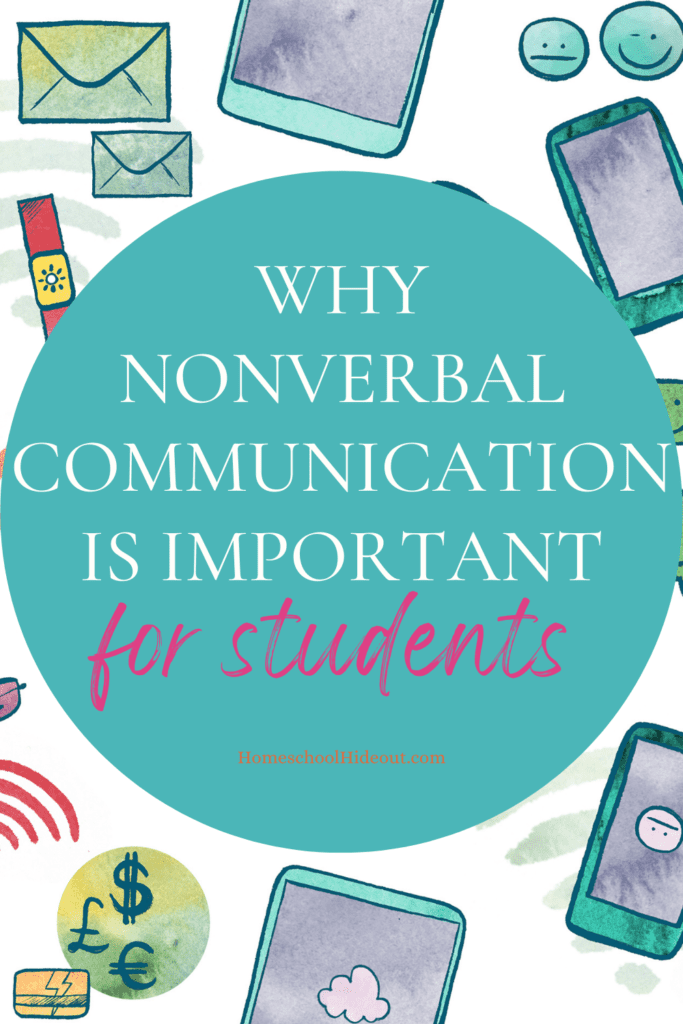Many of you have already heard something about non-verbal communication, a term that is not that understandable when you listen to it for the first time. Yet, everyone uses some type of such communication daily. Knowing the basis of nonverbal communication and developing some critical skills, you can gain success in student and adult life.
The importance of nonverbal communication
One of the ways to become a master of non-verbal communication is to surf the Internet. You can see some academic works by other students. A nonverbal communication essay by a pro writer can give you excellent theoretical knowledge. Besides, you can see and compare your writing style with an essay created by a professional academic writer. It’s always interesting.
Through communication, students find their circle of like-minded people, connect to their peers, pass exams, create their reputation, etc. These are the skills that help present yourself verbally, which is essential for a young person. As for the non-verbal signs, sometimes these are even more powerful during the conversation. You can make a person shut up by only looking at him.
The thing about nonverbal cues is that these can either help a person a lot or give him away just in a blink of an eye. That is why a student needs to know how to use non-verbal communication at university, at home, or on their first job. Besides, you are already aware of how vital college time is in terms of socialization.
Types of nonverbal communication
Now, the exciting part. You should first learn about non-verbal communication to understand how it works and apply these to diverse life situations. Let us see what types there are.
Facial expressions
Your face can tell more than you think. Do you remember that TV series Lie to me? The main character knew whether a man was telling the truth or hiding something just by watching his mimics. The way you move your eyebrows, lips, or how you look and move your face muscles — all these expressions tell a lot about your confidence, intentions, etc. keep in mind that s sincere smile always breaks the ice in the conversation.
Body language
It’s hard to find a person who does not know about the `blocking` sign — crossed arms over the chest. This type overall is very effective. Another way to describe it is to imagine how a student uses space: how he acts in front of a group of people presenting research, for example. You can use the way you sit, stand, and move around the room to convey the message, and interest, engage people in the conversation or show that you no longer want to discuss the topic.
Gestures
Another type of non-verbal communication is gesture. Based on the situation, you can also tell something about a person’s gestures and their role. Just as in the case with sign language, people tend to use specific movements during small talks and conferences. It is always better to use fewer gestures — excessive gesticulation is useless, puzzling, and may confuse your conversation partner.
Eye contact
The eyes depict so many things inside the person’s head and soul. On the other side, you can make certain conclusions about a person who doesn’t look into your eyes during a conversation and vice versa. You can use that hint and apply eye contact skills while debating, during the exams, etc. it is much more interesting to talk to a person who keeps eye contact while talking to you.
Para-linguistics
Do not be afraid of the term — para-linguistics means the way you use your voice. Such things as tone, volume, or pitch of voice also impact the conversation’s smoothness. Vocal communication is not about what you say but about how you articulate it. Is your voice trembling? Are you too loud when it is not needed? Keep an eye on your para-linguistic skills.
How nonverbal communication can go wrong
You can always tell whether the conversation failed: there is no understanding between the students. Non-verbal communication can go wrong in two cases. First, you are using it wrong, and the second reason is excessive use of the types mentioned above. Such things as eye contact avoiding, not smiling, crossing arms, or a too quiet voice can bring you problems, disappointment, and unpleasant experiences.
Developed communication skills = academic success
Your education is about studies and general knowledge that would help in various spheres of life. Here’s how non-verbal communication contributes to your academic success:
- Boosts your confidence.
- Your presentations look more effective.
- Adds to your credibility in the people’s eyes.
Conclusion
You can talk a lot about the importance of non-verbal communication, but it is always better to practice it yourself. Luckily the college times are perfect to see what is the best way to use non-verbal communication types daily. Perhaps you are good at gestures, or maybe the para-linguistics is your trump. Whatever it is, you should enhance your skills and apply this to achieve academic success.







